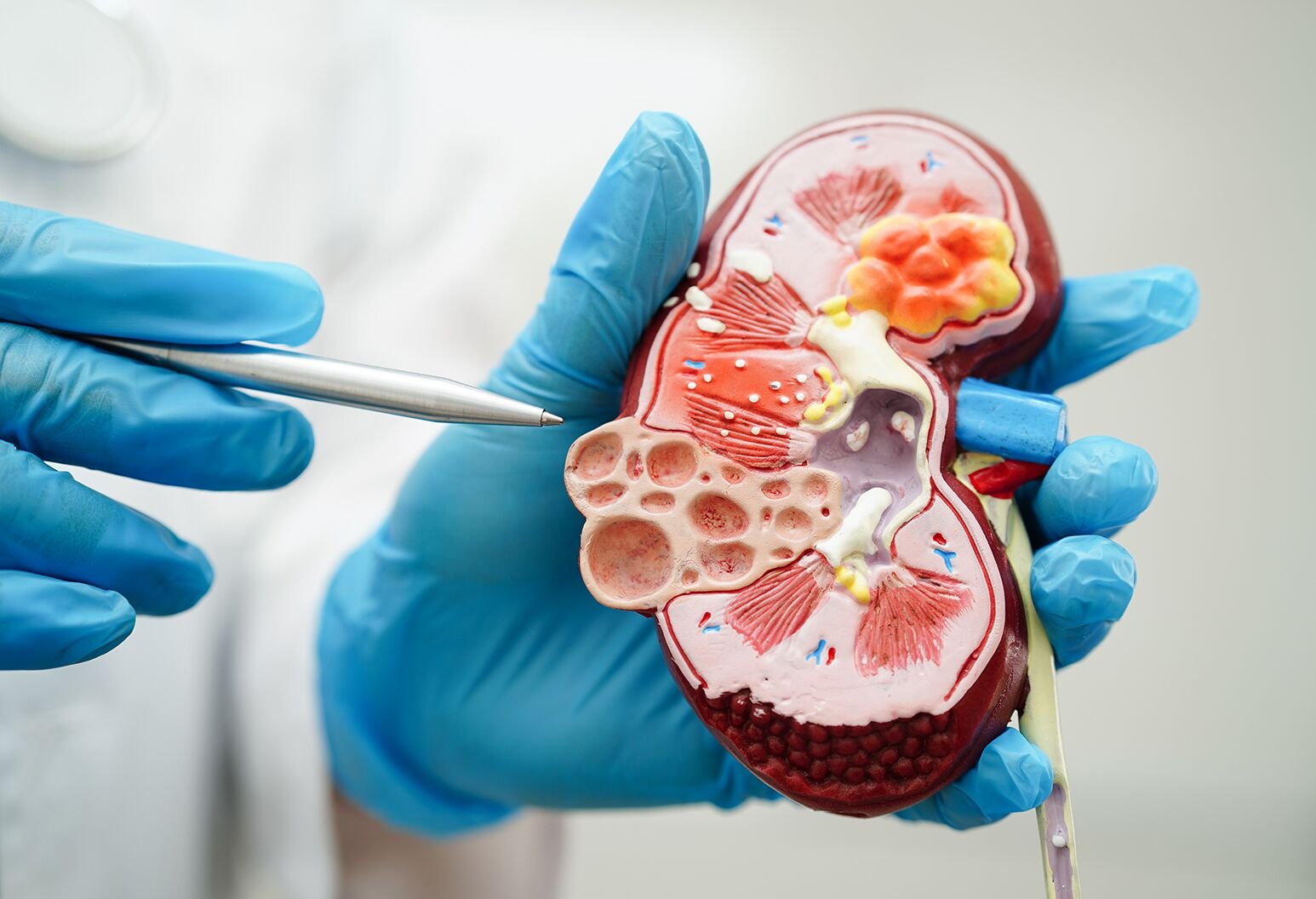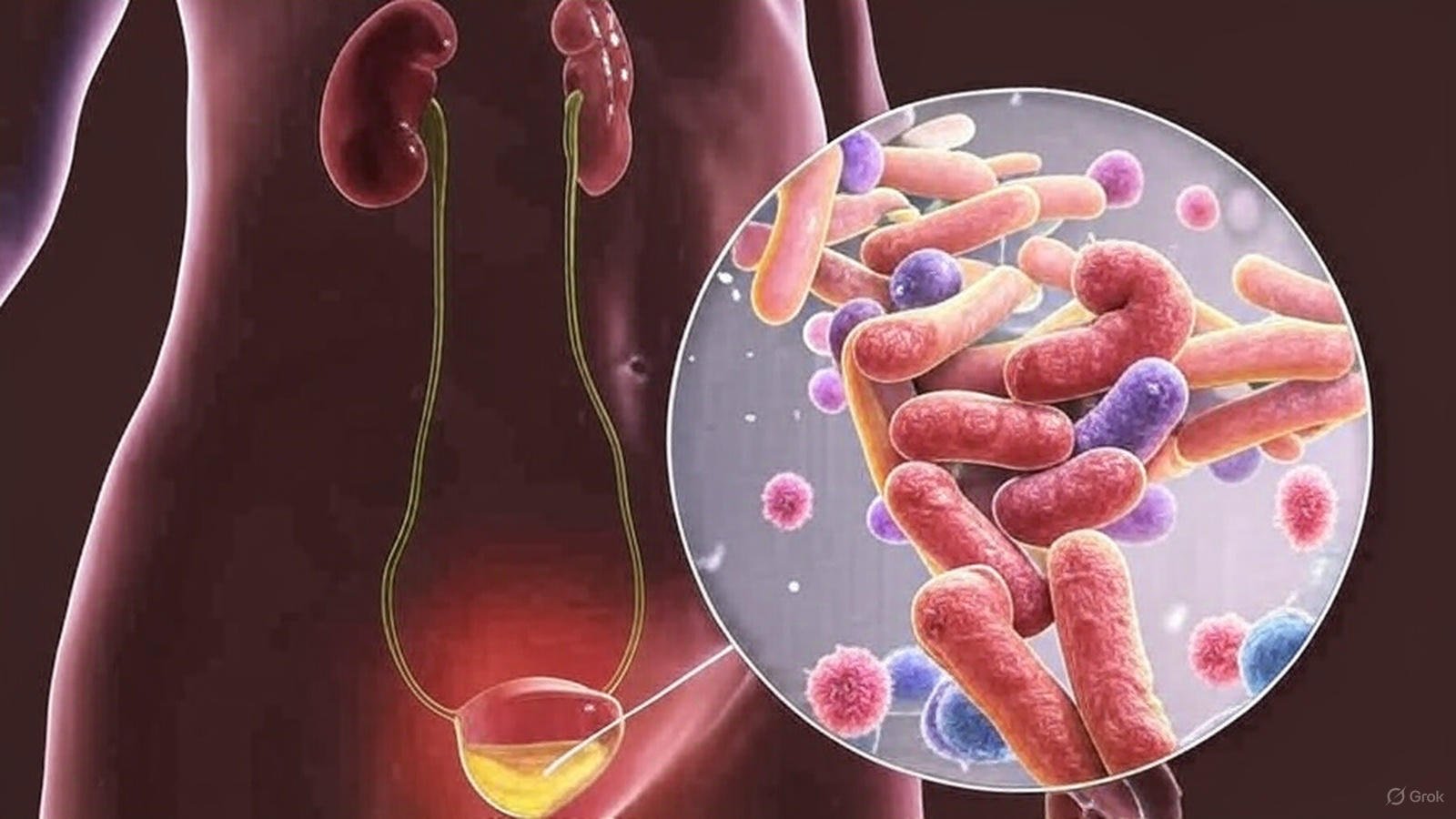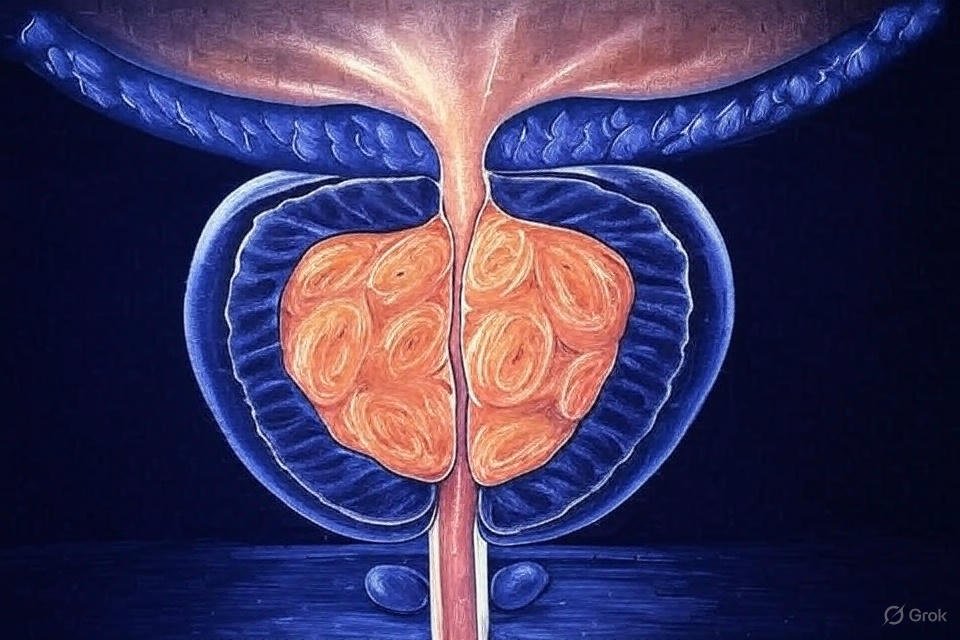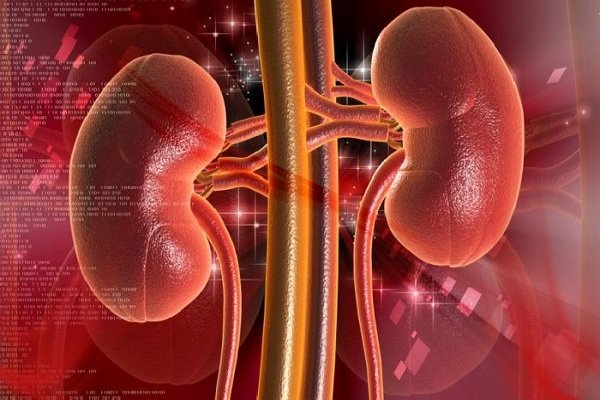Kidney & Urological Care
the kidney and urinary tract
Many diseases of the kidney and urinary tract are clinically silent, at least in the early stages. Accordingly, it is common for these conditions to be detected first by routine blood tests or on dipstick testing of the urine.

Chronic kidney diseases
Chronic kidney disease (CKD) is a condition where the kidneys gradually lose their ability to function properly over several years. At first, it might only show up as some unusual lab results, but as time goes on, the kidneys can’t perform their essential roles—like filtering waste, balancing fluids, and regulating hormones. This decline eventually leads to the symptoms of renal failure, which we call uraemia. When this happens, it can be a serious situation for a person's health.

Urinary tract infection
TI is a pretty common issue, accounting for about 1% to 3% of visits in general medical practice. For women, the chance of dealing with a UTI is roughly 3% at age 20, and this risk tends to increase by about 1% with each decade that goes by. In men, UTIs are less frequent, except during the first year of life and for those over 60, when they can sometimes lead to complications related to bladder outflow obstruction.

Benign prostatic enlargement
Benign prostatic enlargement (BPE) is something many men will encounter as they age. In fact, it's estimated that around half of all men who are 80 years old and above will experience lower urinary tract symptoms linked to bladder outlet obstruction (BOO) caused by BPE. The condition known as benign prostatic hyperplasia (BPH) is the underlying histological change that leads to BPE.

Urinary stones
Kidney stone disease is a common condition affecting people worldwide. In the UK, about 1.2% of the population is affected, in which men face 7% lifelong risk by the age of 60–70 years. In some areas, like Saudi Arabia, this risk increases significantly, in which more than 20% of men develop stones to that age.

Acute kidney injury
Acute renal injury (AKI) is a sudden, often reversible decline in renal function, usually with low urine production. It affects 7% hospitalized and 20% severely sick patients. While mild cases have a low risk, AKI can increase mortality by 50–70%with sepsis or organ failure. Older adults have more risk and often have poor results.
